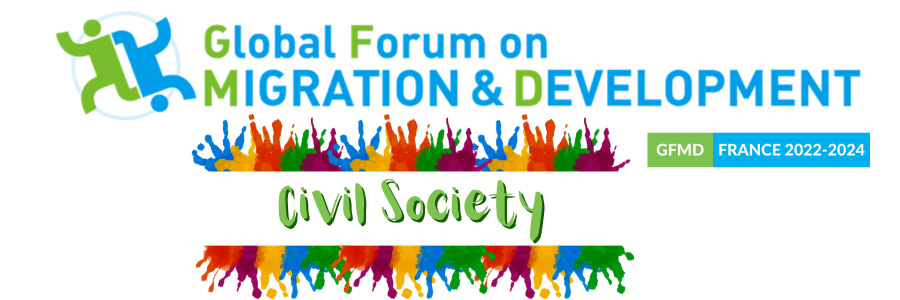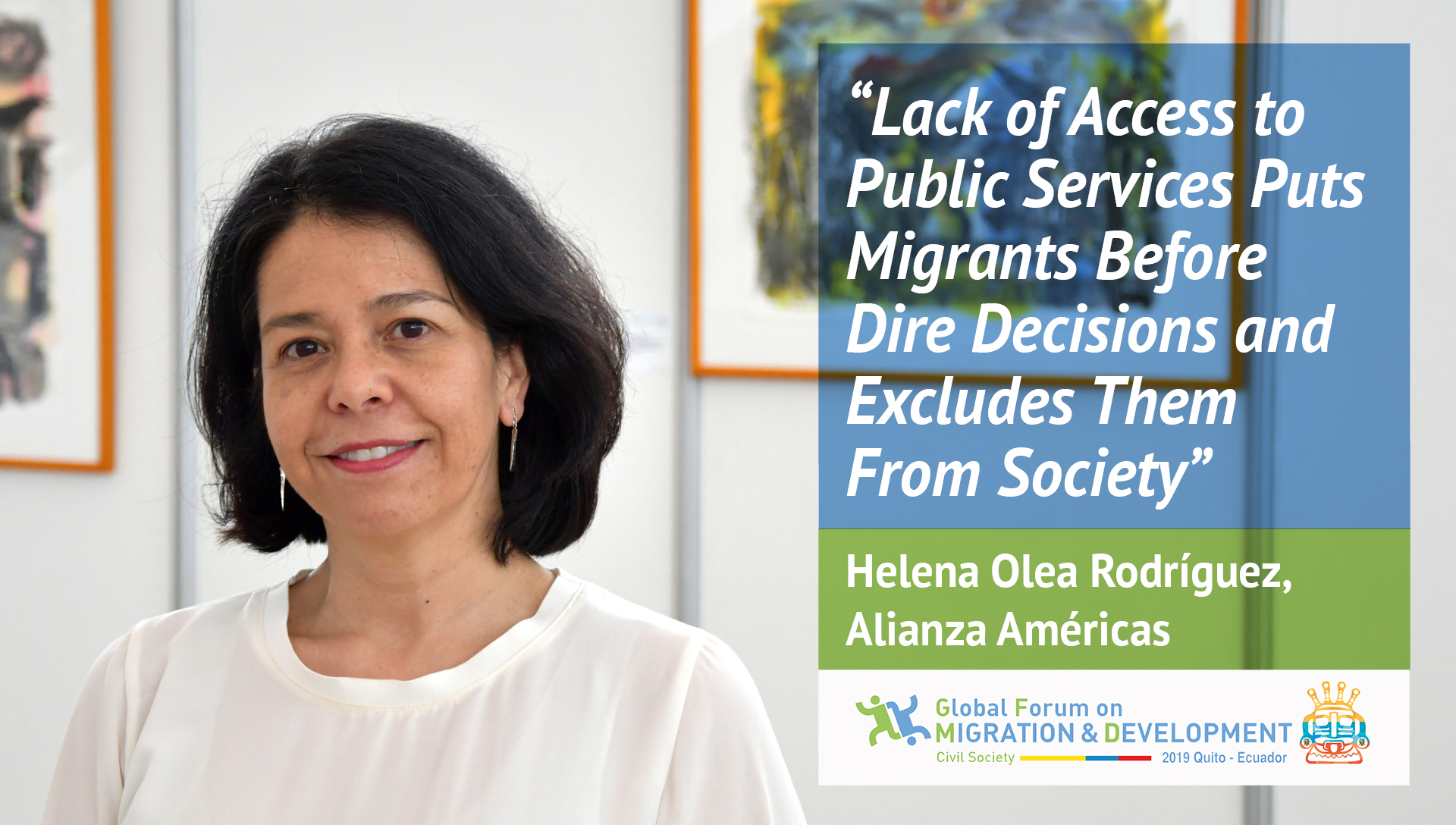In most countries of the world, migrants face barriers and obstacles in accessing public services such as health-care and education, explains Helena Olea, Human Rights Adviser for Alianza Américas, a network of immigrant-led organizations from Latin America based in the US.
Sometimes these barriers have been put in place by States in the form of restrictions. In other cases, it’s more complicated: people may, for example, need to be registered in a particular database or system to access a specific service, which means that often, they won’t be able to do so.
For many migrants, the reality is that they live in and contribute to societies of which they are not full members, and they cannot rely on the protection of the State.
“What is important to understand,” says Ms. Olea, “is that when we talk about services, we have to make the connection with economic, social, and cultural rights.
The State doesn’t have the prerogative to choose not to provide services to migrants based on their migration status. The State has international obligations with every person under their jurisdiction. So, we have to find paths so that migrants may have access to services.”
“Our ultimate goal as civil society is to ensure that all migrants are full members of the societies in which they live. And part of that membership is having access to services.”
Watch the full interview

